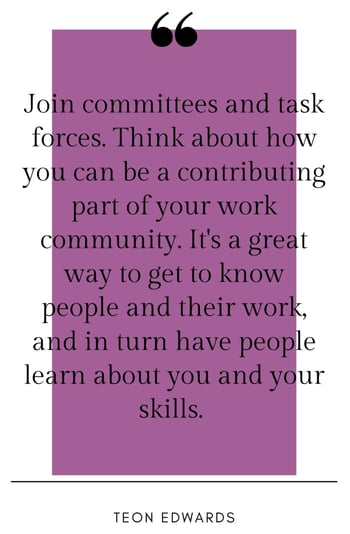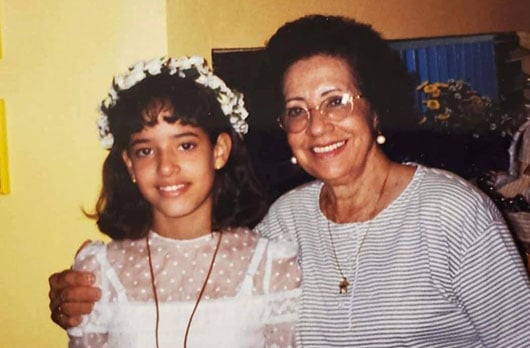TERC Blog
10 Words of Wisdom from Inspiring Female STEM Research Leaders
Part 1: The Work Environment
At a panel discussion for emerging TERC leaders, Maria Blanton, Senior Scientist; Teon Edwards, STEM Education Senior Leader; Joni Falk, Center Director; Martha Merson, Principal Investigator; and Andee Rubin, Principal Scientist shared their education and career paths, challenges they've encountered, and ways they've advanced their work.
Below are some words of advice these extraordinary women shared when answering the following questions:
- How did you establish and develop your body of work?
- What were the low points in your research/career and how did you get past them?
- What shaped your career trajectory?
We hope these insights provide mentorship and aide others in developing successful careers in STEM research and education.
Seize opportunities to learn
Say yes to opportunities. I'm not always an expert in what I'm doing, but I know enough to get started. I've learned so much by taking on projects I knew a little bit about.
—Andee Rubin
Understand challenges are inevitable
I wrote many grants that didn't get funded. Don't get discouraged and don't take it personally. Not getting funded is part of becoming a successful proposal writer.
—Joni Falk
Know your audience
Get to know the funder's point of view and use a matching "voice" in your grant.
—Joni Falk
Notice where your skillsets are needed
Where do the skillsets and interests you have align with those around you? Find the people who need the skillsets you have. It's been a successful way for me to do work that I enjoy.
—Teon Edwards
Bigger isn't always better
Don't be afraid of a small grant. They can be an important way for you to break into an idea and get to know it.
—Maria Blanton
Ask 'who, what, why'
Think about who needs what and why they will benefit from you studying it. If you can answer these questions, write that up in your proposals.
—Martha Merson
Sometimes you need a fresh pair of eyes
Don't expect the reader has all the prior knowledge that you do. Unless you show your proposal to someone outside your team, you don't know how much you're assuming. Write a proposal in a way your mother would understand what you're saying.
—Joni Falk
Invest in relationships
Join committees and task forces. Think about how you can be a contributing part of your work community. It's a great way to get to know people and their work, and in turn have people learn about you and your skills.
—Teon Edwards
Not everyone needs a 10-year plan
It's ok if you don't have a 10-year vision. For my team, we start clearly seeing and understanding what our next steps should be while we're working in our current grant.
—Maria Blanton
Be transparent
Be honest about your current and projected workload, especially when you may be overbooked if a number of outstanding proposals are funded. This gives Principal Investigators the ability to adjust if you can't support a grant that comes in.
—Teon Edwards

.jpeg?width=350&name=Jonis%20Quote%20(1).jpeg)







.png)

-Bonda.jpg)




